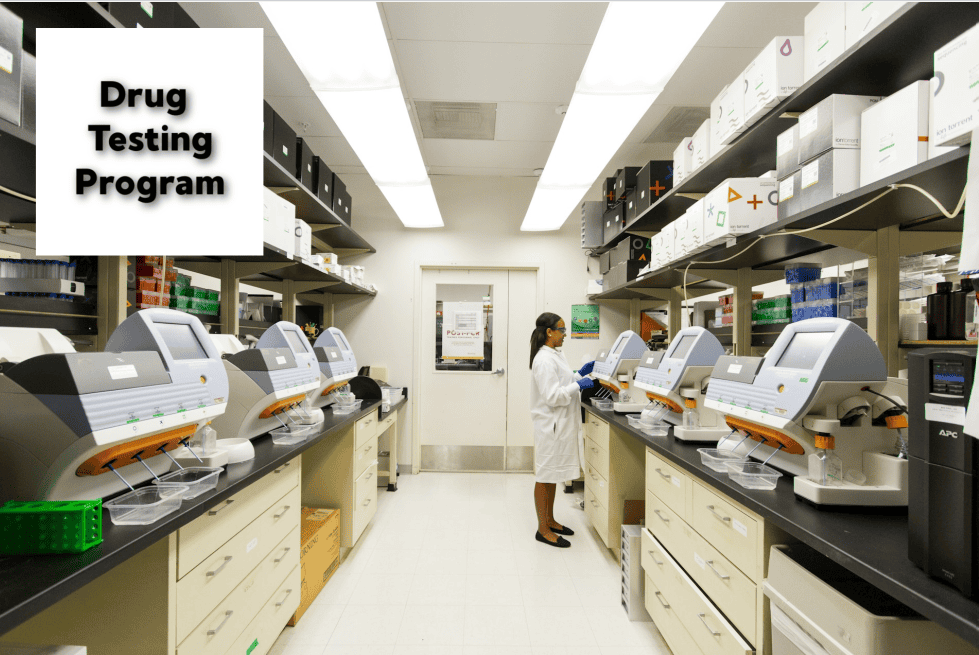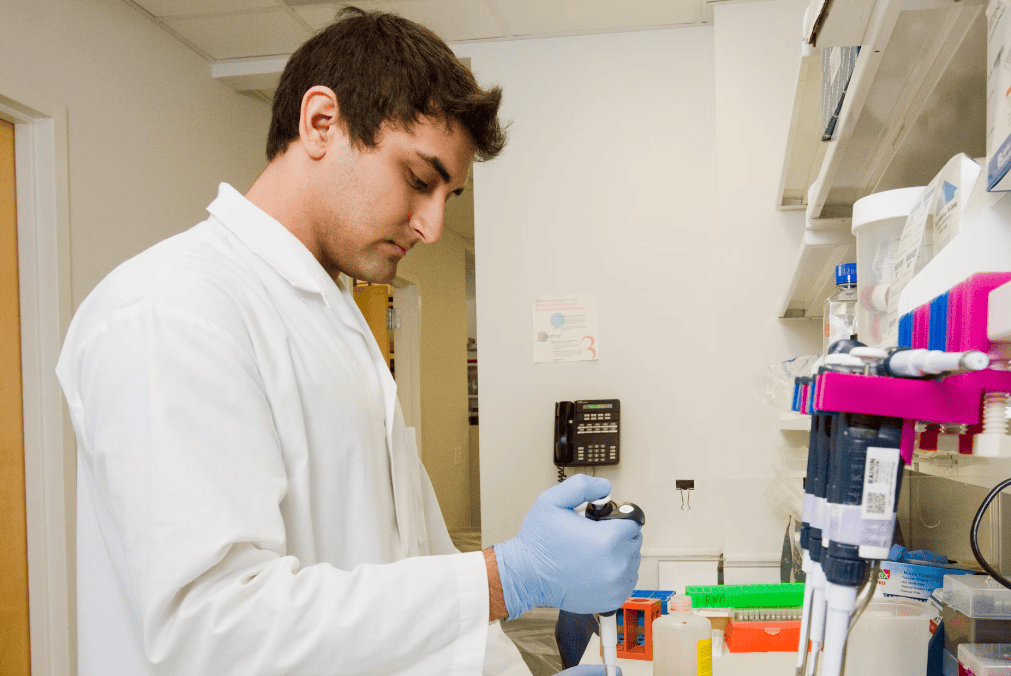
Customised drug testing programs provide industries with a powerful tool to ensure workplace safety, regulatory compliance, and employee well-being. These tailored approaches allow businesses to address specific risks and needs inherent in their respective sectors. Whether you’re in transportation, healthcare, construction, or sports, you have likely witnessed the increasing pressure to maintain a drug-free environment. By implementing a drug testing scheme that’s designed to meet the unique challenges and legal requirements of your industry, you’re taking a proactive step towards safeguarding not only your operations but also your most valuable asset – your employees.
Incorporating accurate and reliable drug tests, such as professional drug testing kits, can serve several objectives. They act as deterrents against substance misuse and enable swift action if an employee is found to be under the influence, thus mitigating potential hazards. But benefits extend beyond safety – these programs can also bolster staff morale, as employees recognise efforts to create a secure and healthy work environment. Moreover, customised programs demonstrate a company’s commitment to upholding industry standards and can enhance its reputation.
Key Takeaways
- Customised drug testing promotes safety and compliance across various industries.
- Tailored testing schemes use reliable kits, providing accurate, swift results.
- Such programs contribute to enhanced employee morale and company reputation.
Advantages of Tailored Drug Testing in Various Sectors
Tailored drug testing provides concrete benefits across various industries by addressing specific needs and risks associated with each sector.
Enhanced Safety and Compliance
In industries where safety is paramount, such as transportation or construction, a customised drug testing program is essential. It ensures drivers, operators, and workers are in a suitable state to perform their duties, reducing the risk of accidents and injuries. For sectors governed by strict regulations, tailored testing guarantees adherence to legal standards, protecting both the employees and the company from potential liability. By incorporating lateral flow tests, companies can also swiftly identify asymptomatic individuals, enhancing overall safety and compliance with COVID-19 guidelines.
Improved Workplace Productivity
Drug testing programs, when fit for purpose, can enhance overall productivity. A workforce that ensures sober and capable employees means tasks are completed efficiently and to a higher standard. In customer-facing industries like retail or hospitality, this can directly affect customer satisfaction and business reputation. Moreover, tailored programs support employees who might need assistance with substance abuse, preserving valuable human resources and promoting a healthier, more productive workplace environment.

Customised Approaches to Substance Abuse
Industries such as healthcare and law enforcement require targeted approaches to substance abuse due to the sensitive nature of the work carried out. Customised drug testing allows for testing protocols that consider specific substances that may be more prevalent or concerning in these sectors. A bespoke testing program can also offer discrete and prompt support to those in sensitive positions, ensuring that treatment and support are available while maintaining necessary confidentiality and professionalism.
Implementation Strategies for Industry-Specific Drug Testing
Customised drug testing programs should align with the operational demands and regulatory requirements of your industry. A tailored approach ensures relevance and efficacy in promoting workplace safety and compliance.
Developing a Robust Framework
Your first step is to establish a comprehensive framework fit for your industry’s specific needs. In aviation, for instance, this might involve zero tolerance for in-flight staff and random testing protocols. Factors to consider include identifying safety-sensitive positions, determining substances to test for based on industry-specific risks, and setting clear testing procedures that employees understand and can rely on.
Employee Education and Support
Next, focus on employee education and support mechanisms. For instance, in the healthcare sector, education about the effects of prescription medication abuse might be crucial. Ensure programs include:
- Information sessions to clarify the purpose and process of testing.
- Guidance on how to seek help for substance misuse issues—this could be in the form of helplines or access to counseling services.
Legal Considerations and Best Practices
Finally, it’s vital to adhere to legal considerations and best practices. Different industries are subject to varied regulations, such as the COSHH in the chemical industry, which necessitates exposure monitoring. Stay abreast with your legal obligations and industry standards. Implement clear data protection policies to handle test results confidentially and ensure procedures are fair and non-discriminatory.
Tailored drug testing programmes are essential for maintaining a safe and productive work environment. By addressing specific industry needs, they ensure that safety standards are met and that employees are fit for duty. Random drug testing can act as a powerful deterrent against substance abuse, reinforcing corporate safety culture. Additionally, incident-driven testing is crucial for investigating workplace accidents and helping to prevent future incidents. Should a positive result occur, clearly defined procedures allow for an efficient and compliant response. It’s evident that customised drug testing is not only a regulatory necessity but also a strategic advantage for businesses striving for excellence in health and safety.
